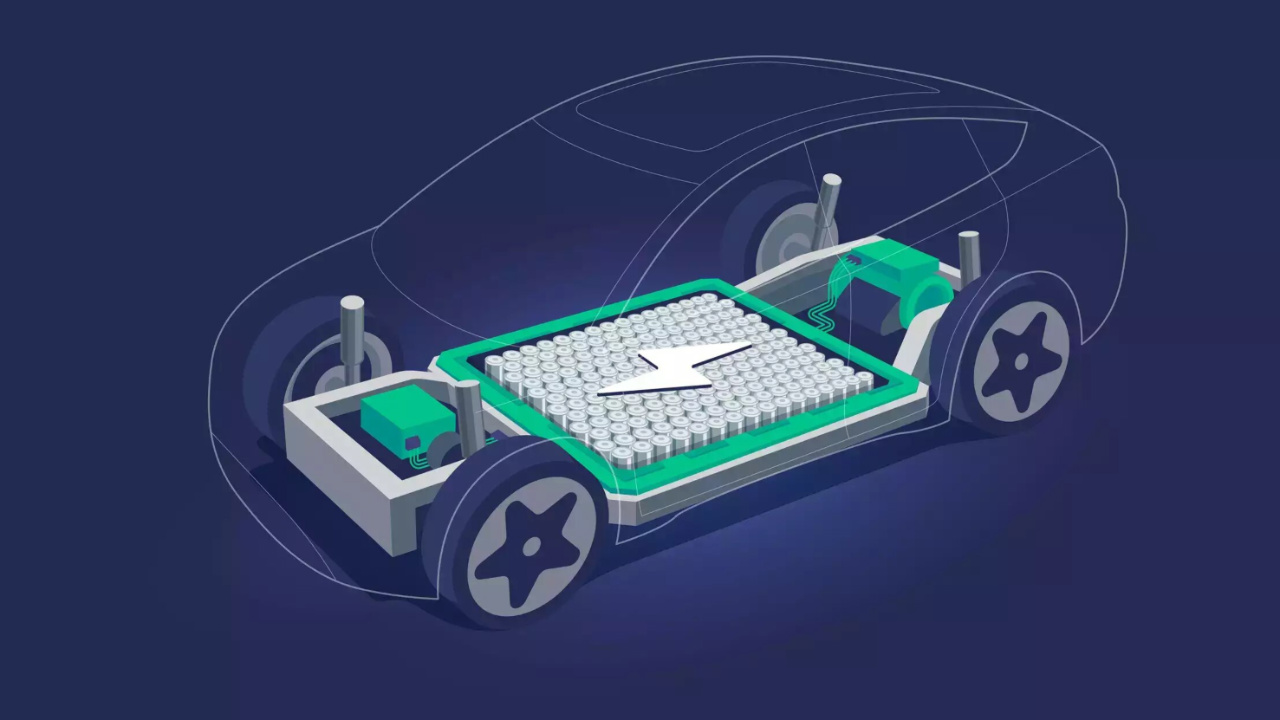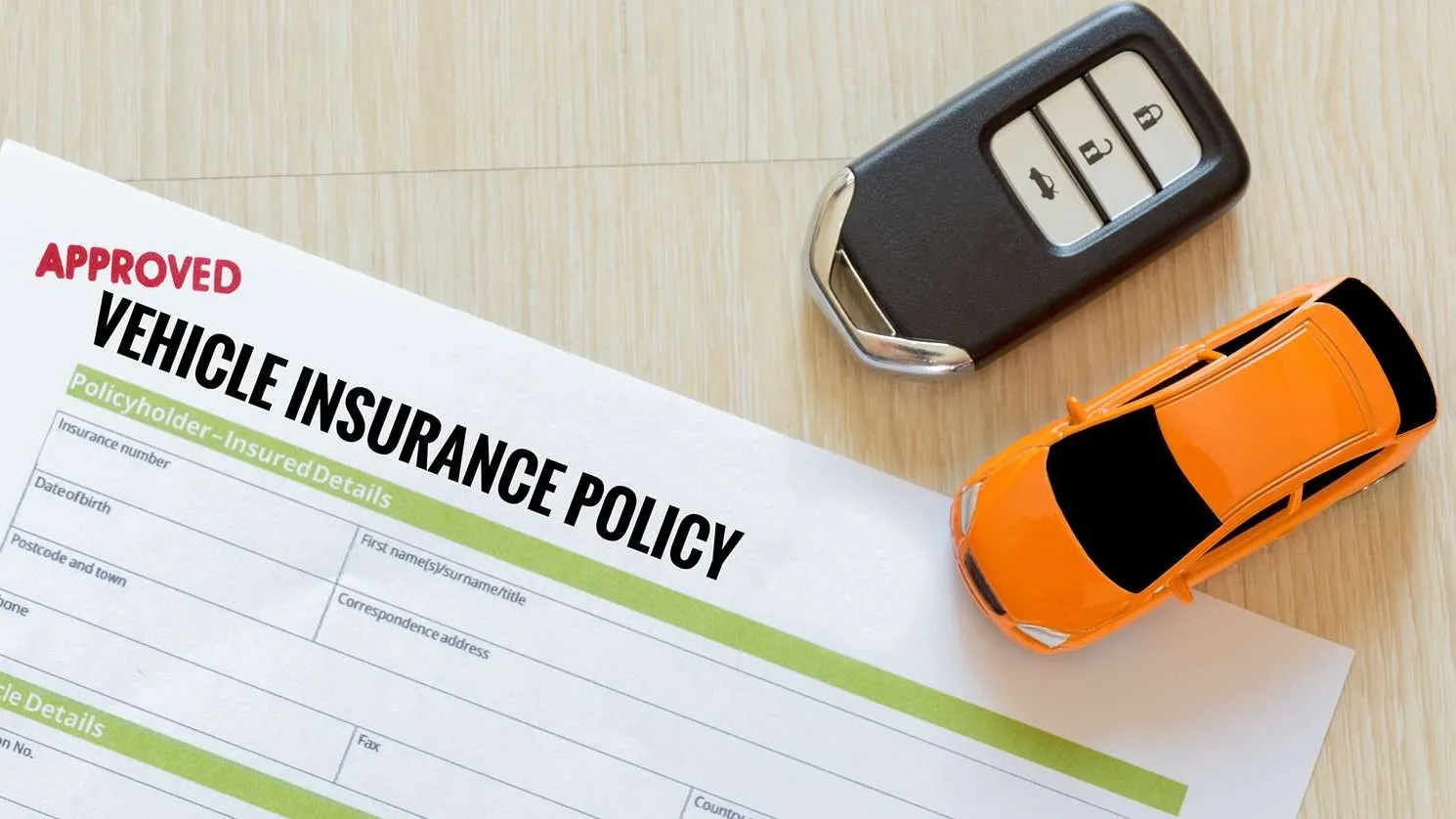EV Battery Problems: Here Is A Detailed Guide On Symptoms, Causes & Fixes

Electric vehicles (EVs) are revolutionising transportation, offering a cleaner and more efficient alternative to gasoline-powered cars. However, like any complex technology, EV batteries can experience problems. This can be frustrating for drivers, leading to range anxiety and unexpected repair costs.
This article delves deep into the world of EV battery problems, equipping you with the knowledge to identify potential issues, understand the causes, and explore solutions to keep your EV running smoothly.
Symptoms Of EV Battery Problems
The first line of defense against EV battery problems is awareness. Here are some key symptoms to watch out for:
- Reduced Driving Range: This is the most common symptom. If you’re consistently needing to recharge your EV more often than usual, especially for familiar trips, it could indicate battery degradation.
- Inconsistent Charging: Pay close attention to charging times. If it’s taking significantly longer than usual to charge your EV, or if the car doesn’t hold a full charge, it might be a battery issue.
- Unusual Battery Heating: While some heat generation during charging is normal, excessive heat can be a warning sign.
- Power Fluctuations: Does your EV seem to struggle to accelerate or maintain speed on inclines? This could indicate limitations caused by battery problems.
- Infotainment System Issues: In some cases, strange behaviour in the infotainment system might be a symptom of underlying battery problems affecting the car’s overall electrical systems.
Common Causes Of EV Battery Problems
- Degradation Over Time: All EV batteries degrade naturally, losing some capacity to hold a charge as they age. This is a normal process, but certain factors can accelerate it. Read this linked article to know the tips to increase the battery life of your EV.
- Extreme Temperatures: Both hot and cold weather can take a toll on EV batteries. Frequent exposure to extreme temperatures can accelerate degradation.
- Fast Charging Habits: While convenient, frequent use of DC fast charging can stress the battery, leading to faster degradation compared to slower charging methods.

Uncommon Causes Of EV Battery Problems
- Internal Cell Issues: Manufacturing defects or imbalances within the battery cells can lead to reduced performance or capacity.
- External Damage: Physical impact from accidents or exposure to corrosive elements can damage the battery casing or internal components.
- Thermal Management System Failure: The system responsible for regulating battery temperature is critical. If it malfunctions, overheating and degradation can occur.
- Software Issues: In rare cases, glitches within the battery management system software might cause problems.
Fixes To EV Battery Problems
By adopting these solutions and preventative measures, you can significantly extend the lifespan of your EV battery and avoid costly repairs:
- Charging Habits: Prioritise AC charging whenever possible. Reserve DC fast charging for occasional use when needed.
- Temperature Management: Park your EV in moderate temperatures whenever possible. Utilise climate control strategically to minimise battery strain during extreme weather.
- Shallow Discharges: Maintain a healthy charge range (ideally between 20% and 80%) for optimal battery life. Avoid fully depleting the battery regularly.
- Software Updates: Stay updated with the latest software versions for your EV. These might include improvements in battery management.
- Regular Maintenance: Schedule regular checkups at authorised service centres to identify potential battery issues early on.
Get a complete inspection of your vehicle from DubiCars. Our partner AutoHub evaluates the car with over 240 checkpoints and provides a comprehensive report on the condition of the car.
Additional Tips
- Monitor Battery Health: Many EVs have features that display battery health information. Familiarise yourself with these gauges and consult your owner’s manual for interpretations. Read this linked article to know how to get the most range from your EV.
- Warranty Coverage: Understand your EV’s battery warranty terms. Most manufacturers offer extensive coverage (often 8 years or 100,000 miles) for battery defects.
By following these comprehensive guidelines, you can ensure your EV battery operates at peak efficiency for years to come. Remember, a proactive approach is key to maximising your EV’s potential and enjoying a smooth, worry-free electric driving experience.
Find used electric cars for sale in the UAE and new electric cars for sale in the UAE.
Subscribe to DubiCars’ WhatsApp Channel for the latest automotive news, guides, polls, and informative infographics.
Stay tuned to UAE’s most popular auto blog for more information about car mechanicals.
Also Read:
- Automatic Gearbox Problems: Symptoms, Causes & Fixes
- Why Does My Car Accelerate Slowly? Symptoms, Causes & Fixes
- Car Not Starting? Symptoms, Causes & Fixes








